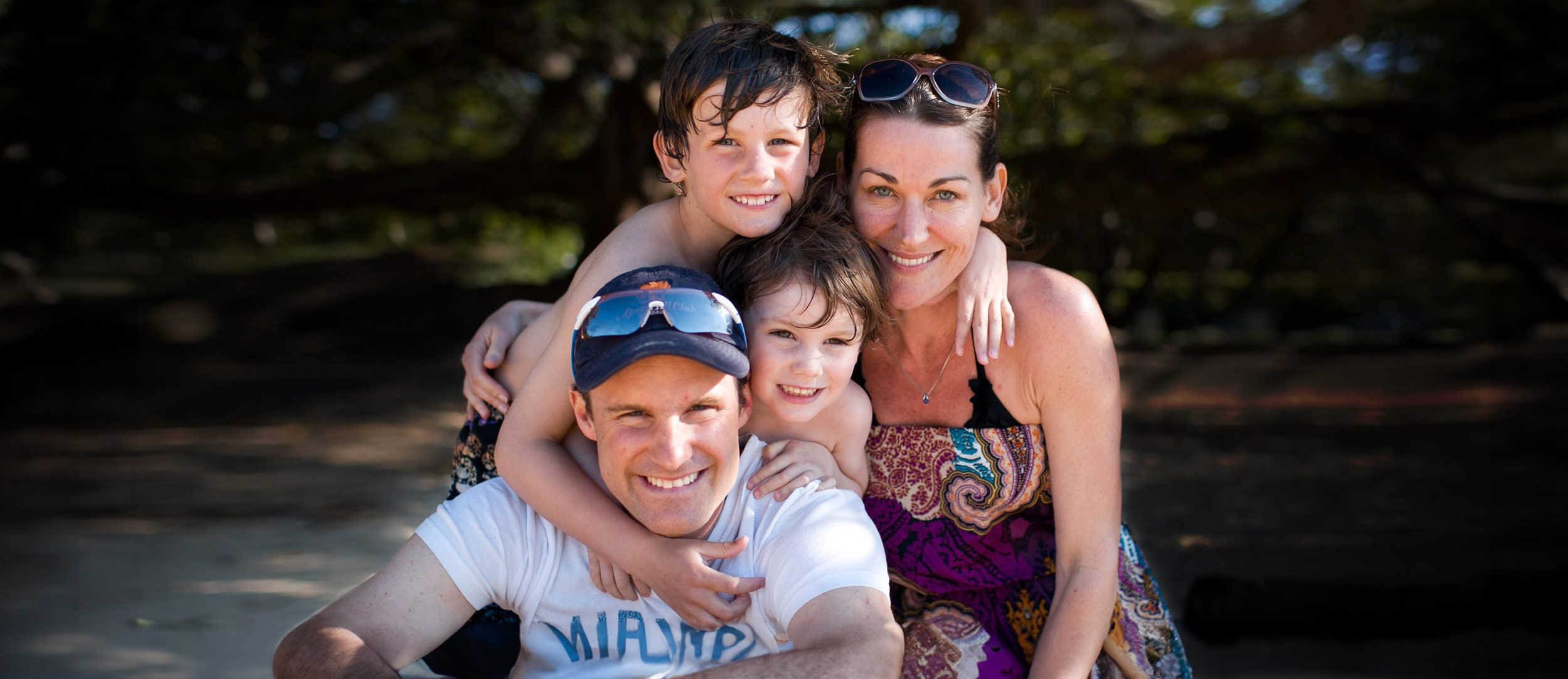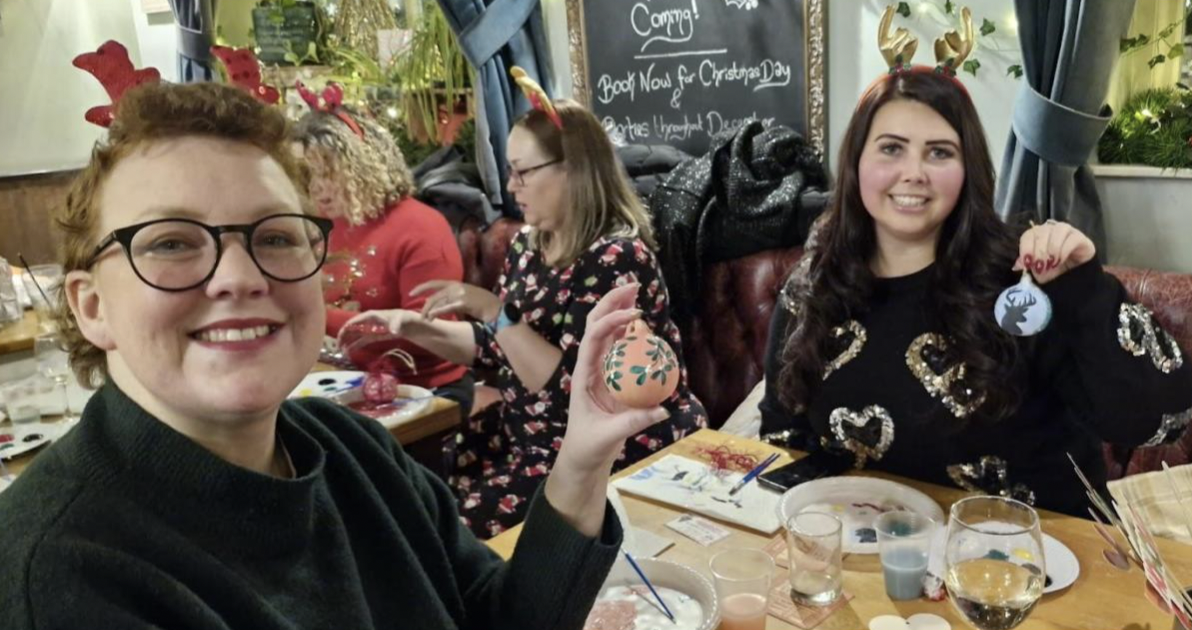
Oncology Massage Training with Susan Findlay | Guest Post
29 July 2024 — david-allen
Have you been refused a massage because you have a history of cancer? This need not be the case as we gain a better understanding and make the appropriate modifications to accommodate the pathology. Read on and find out why working with a certified oncology massage therapist will be the safest route for you to receive this healthy form of complementary therapy.
Where the journey started…
My oncology training started in Canada where I worked as a nurse for over a decade, then on relocating to the UK, my skills evolved to include several forms of remedial soft tissue therapy combining my medical and movement background into a touch therapy training that is both safe and enjoyed by many cancer clients. Massage has many benefits but in the wrong hands it can possibly have a negative impact on your healing journey and so it is vital that a therapist’s training is backed up by the latest research and an understanding of the principles of a mindful touch.
What is Oncology Massage?
I get this question all the time because there are many misconceptions about what it actually is, it’s neither light, fluffy or insubstantial, but it does address your needs and what would best suit you at your current stage of health without being a routine, rather a bespoke massage that acknowledges and works with your diagnosis of cancer.

Is it ok to receive a massage?
Therapists are trained to use their skills to apply a bespoke form of touch therapy that’s dictated by a number of factors, i.e. your diagnosis, the stage and type of treatment you’re receiving and your goals for the session which will include a comprehensive intake and from this, as well as your stated goals, a bespoke massage and appropriate homecare suggestions will be offered. During the massage a therapist will make the necessary soft tissue modifications to accommodate your current stage of health as well as working with your medical team to ensure that you get the most benefit from your session.
How do I know my therapists has the required knowledge and soft tissue skills that will keep me safe?
It can be confusing and trying to understand how to navigate through all the various offers can be daunting, but one of the key point to ask about would be whether it’s a routine or will the therapist be able to accommodate your requirements. The second point to check would be regarding the type of oncology massage your therapist has been trained in, giving a facial is very different from receiving a bespoke form of soft tissue treatment, both require oncology training but they are both distinct specialisations. Make sure to find out how ‘in depth’ their training was and ascertain whether it measures up to your current situation. I recommend you ask relevant questions that reflect what your specific needs are, say for example ‘I recently had abdominal surgery, can you work on my back?’ the answer would be no, but they could offer you an alternative approach elsewhere that would have a similar benefit.

What are the benefits of an oncology massage?
The number one complaint is of fatigue, followed closely by pain, discomfort, anxiety, digestive difficulties and disrupted sleeping habits. Massage has been known to help reduce some of the symptoms of both the disease and the treatment and so it is important that your therapist understands the best techniques to use to help you manage your symptoms and whilst it’s not a cure, experience has taught us how to deliver a massage that will help you manage and improve your situation.
If you want to find a local therapist please visit https://www.susanfindlay.co.uk/oncology-massage-therapist-directory/
What others say about the training:
“Susan’s depth of knowledge, compassion and drive to help those suffering from cancer and her grace in sharing her knowledge is exceptional, there isn’t anything I would change about the course, I can’t recommend it highly enough. I have completed oncology massage with Susan and it was brilliant!”
“I’ve just completed Susan’s 3 Day Oncology Massage course and it was FANTASTIC, the subject matter is thought-provoking because Susan shares much of her own experience and the course materials are comprehensive and easy to follow. Susan is an amazing teacher – funny, knowledgeable and so patient with her students, she inspired us to be curious and to carry on the learning journey after the course and I definitely hope to learn more from her in the future!”

Susan Findlay is the director (and senior lecturer) of NLSSM with her own clinics in both North London & Wales. Susan not only provides courses in oncology massage but showcases an online directory of certified oncology massage therapists for those living with cancer via her website.
Latest Articles
See all Articles
02 April 2025 — Jessica Bailey
Supporting Families Through Incurable Cancer: The Ruth Strauss Foundation’s Mission | Guest PostSince 2019, the Ruth Strauss Foundation has been supporting families facing the death of a parent to cancer by providing emotional support and funding research. In this guest blog, they tell us more about why the Foundation was set up, the types of support available to families, and their work in advocacy and raising awareness […]

26 March 2025 — Jessica Bailey
5 Minutes with… Shine Cancer SupportWe spoke with Caroline Soloway, Programme Officer at Shine Cancer Support, to learn about the many various ways they help young adults with cancer to connect and find support, at any stage of their diagnosis. Tell us about your organisation? Shine Cancer Support is the only UK charity focused on supporting adults in their 20s, […]
